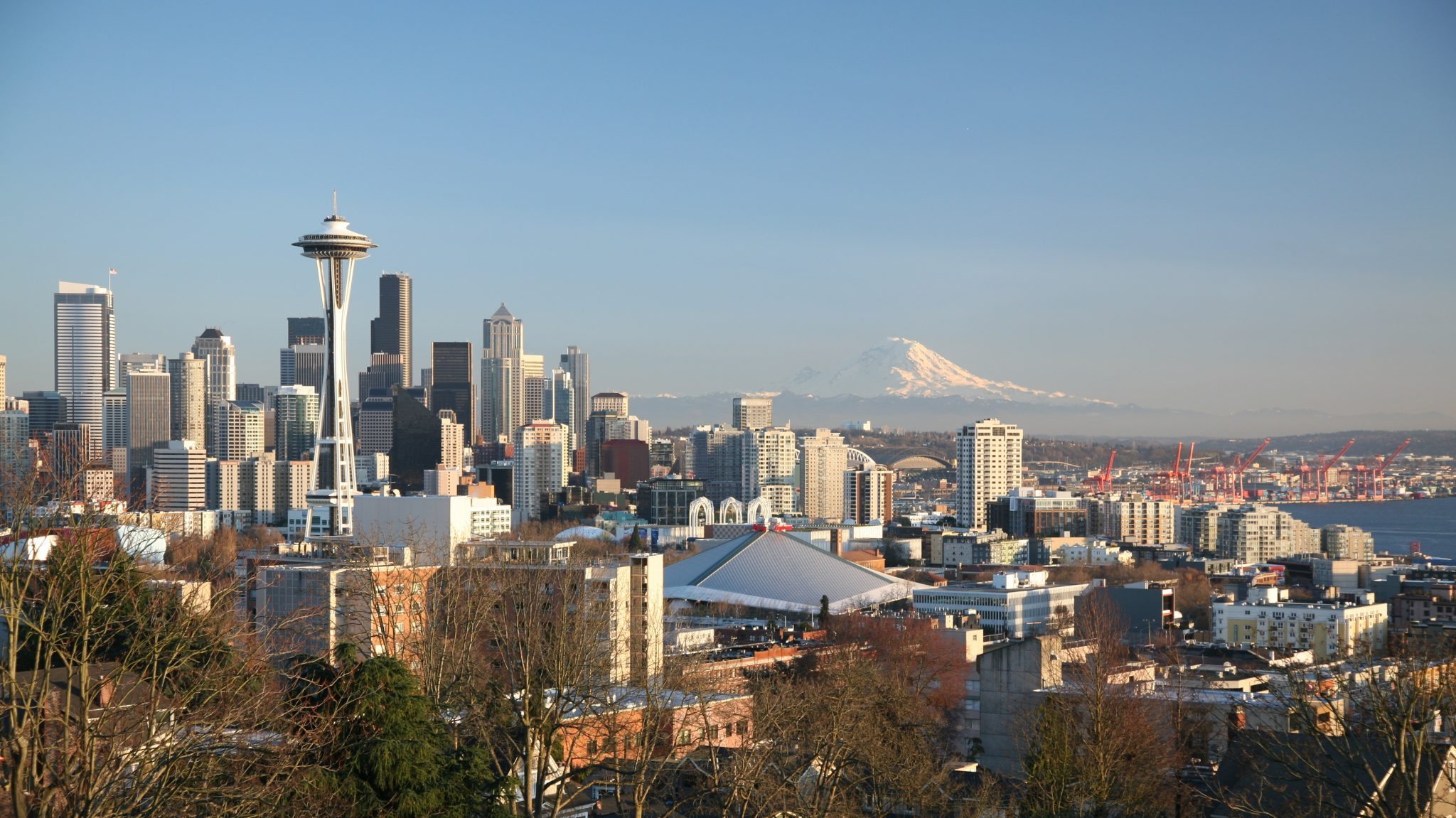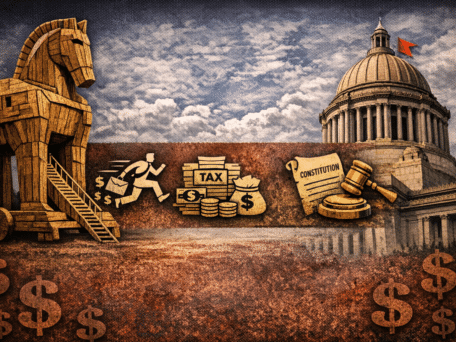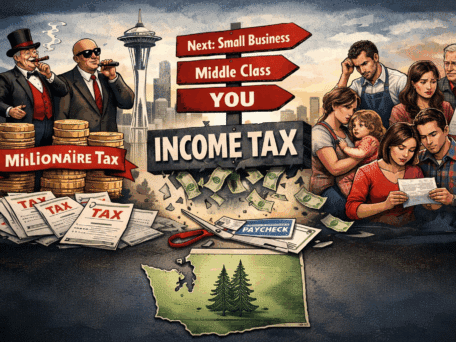Seattle’s $15 minimum wage law takes effect next month, and the International Franchise Association (IFA) is seeking to temporarily halt a part of the law that it claims discriminates against local franchisees. Specifically, IFA and five local franchisees want a preliminary injunction to suspend the portion of the $15 minimum wage law that classifies franchises—no matter the size—as big businesses, which places them at a financial disadvantage against other small businesses by putting them on a “faster track toward paying workers $15 an hour.”
As the $15 minimum wage law currently stands, franchise owners with less than 500 employees are classified as big businesses despite their small businesses (under the law’s definition) status. The classification places franchise owners, who have three years to comply with the new wage law, at a disadvantage to their small business competitors, who have seven years. For that reason, IFA and small business franchise owners are claiming targeted commercial discrimination.
Certainly, there is quite a lot of evidence backing the IFA’s discrimination claims. As Shift reported, Seattle businessman David Meinert, a member of Mayor Ed Murray’s Income Inequality Advisory Committee (IIAC) which was charged with developing the $15 minimum wage law, said the following in a sworn statement:
“During the IIAC process, there was discussion about whether the Mayor’s minimum wage bill should treat small franchise businesses as large employers. I had several meetings with David Rolf [President of SEIU Healthcare 775NW and co-chair of IIAC] in which he told me that the purpose behind treating small franchise businesses as large employers under the minimum wage law was “to break the franchise model” and “enable labor unions to organize employees of such businesses.”
Seattle billionaire Nick Hanauer, who was also part of Murray’s (IIAC), emailed the following Seattle City Councilmember Tim Burgess:
“I am well aware that the compromise we fashioned classified most franchise owners as Large. This was our intent and I believe that there are very good reasons for this… In the piece that we wrote for the Stranger, Eric Liu and I asserted that we need to rethink the very nature of the capitalism that we want. The truth is that franchises like subway and McDonalds really are not very good for our local economy. They are economically extractive, civically corrosive and culturally dilutive. Can you think of anytime people got excited about the addition of one of these franchises to their neighborhood??? … To be clear, the net amount of food people in Seattle will consume will not change if we have fewer franchises. What will change is what they consume and from whom. A city dominated by independent, locally owned, unique sandwich and hamburger restaurants will be economically, civically and culturally rich than one dominated by extractive national chains. You can’t get more stuff at the Pike Place market than at a Walmart, but nobody ever flew around the world to go visit a Walmart.”
According to the Seattle Times, “Paul Clement, the franchise association’s attorney, told U.S. District Court Judge Richard A. Jones the law violates the Commerce Clause of the U.S. Constitution by treating small franchisees differently than other local small businesses, purely because those franchisees are affiliated with interstate franchises.” Jones has said he hopes to rule on the preliminary injunction by next Tuesday.




